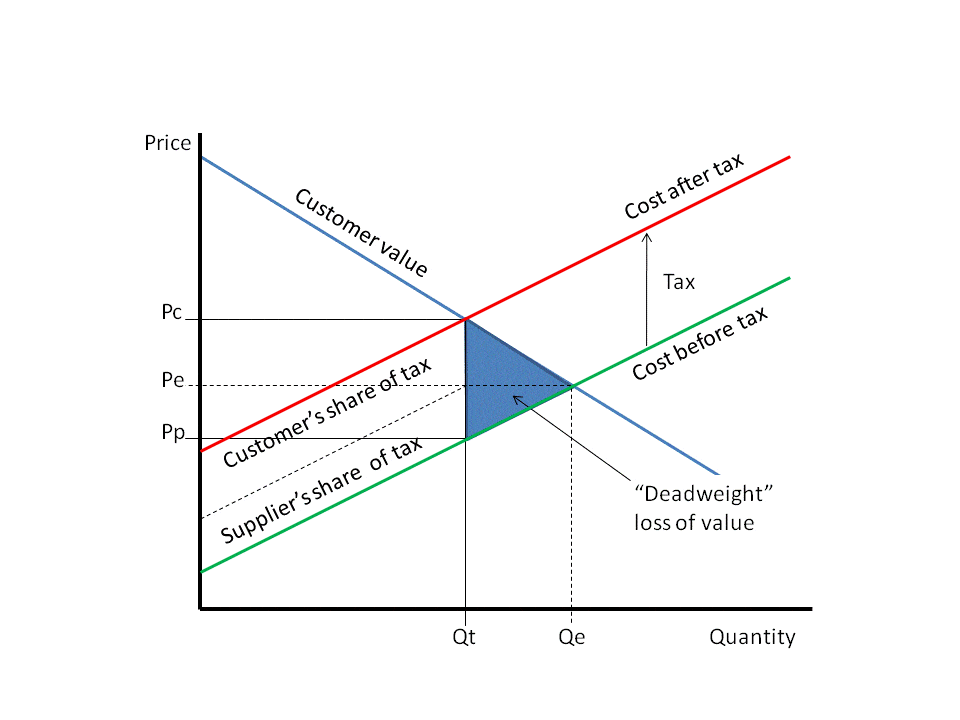 BBC News
BBC NewsBorrowing was £17.4bn last month, the second highest October figure since monthly records began in 1993.

Finito World
The United Kingdom’s tax system is a complex web of regulations and deadlines, with one date looming large on the calendar for millions of taxpayers: January 31st. Every year millions of households finish their Christmas lunch with the dark suspicion that the expenditure they just made on Christmas was perhaps a little optimistic. Then January rolls round, and the true nature of the situation reveals itself.
Tax obligations are, of course, an essential part of maintaining a functioning society: nothing is certain in this life but death and taxes, as Benjamin Franklin put it, though he never had to be on hold to HMRC and so had sufficient restraint about the matter to utter a pithy maxim.
Every January, one finds oneself wondering about the insistence on a single deadline for self-assessment tax returns. It raises serious questions about practicality and fairness. Is a more nuanced and taxpayer-friendly approach not possible, one wonders, as one logs on to one’s self-assessment page, realises that one has forgotten one’s password.
The problems of the system are clear. In the first place, it causes unnecessary stress on taxpayers, especially those who may have complex financial situations. With the pressure of the holiday season just behind us, expecting individuals to meticulously gather and report financial information during what is traditionally a festive time seems impractical. This timing adds unnecessary stress to an already hectic period. Furthermore, it means that December – the month of maximum household expenditure – is followed by financial stress. in an age where mental health is a buzzword it is rather out of keeping with current priorities.
Secondly, the strain of the deadline means people rush to report and therefore often report inaccurately. Taxpayers may be tempted to hastily compile their financial data, potentially leading to errors, omissions, or oversights. A more reasonable deadline spread across the year could encourage individuals to take the time needed for thorough and accurate reporting.
Thirdly, January is also the time when people’s health is usually at its most precarious. Life is unpredictable, and circumstances such as illness, family emergencies, or unexpected events can disrupt even the best-laid plans. The inflexibility of the January 31st deadline offers little room for those facing unforeseen challenges. A more flexible deadline system, perhaps with staggered dates, would better accommodate individual needs and challenges.
Fourthly, if you have any sort of problem, then try getting hold of HMRC.The concentration of tax returns around the January deadline puts a strain on HM Revenue & Customs (HMRC) resources. The influx of returns in a short period creates a bottleneck, potentially leading to delays, errors in processing, and increased stress on both taxpayers and tax authorities. A staggered deadline system could distribute the workload more evenly throughout the year.
Finally, the current system limits taxpayers’ ability to engage in effective tax planning. With the tax year ending in April, individuals have only a few months to assess their financial situation and make adjustments. A more dynamic approach to deadlines could allow for periodic assessments, enabling better-informed decisions and potentially reducing tax liabilities.
It’s time to reconsider the current system and work towards a more taxpayer-friendly and fair approach to meeting our fiscal obligations.